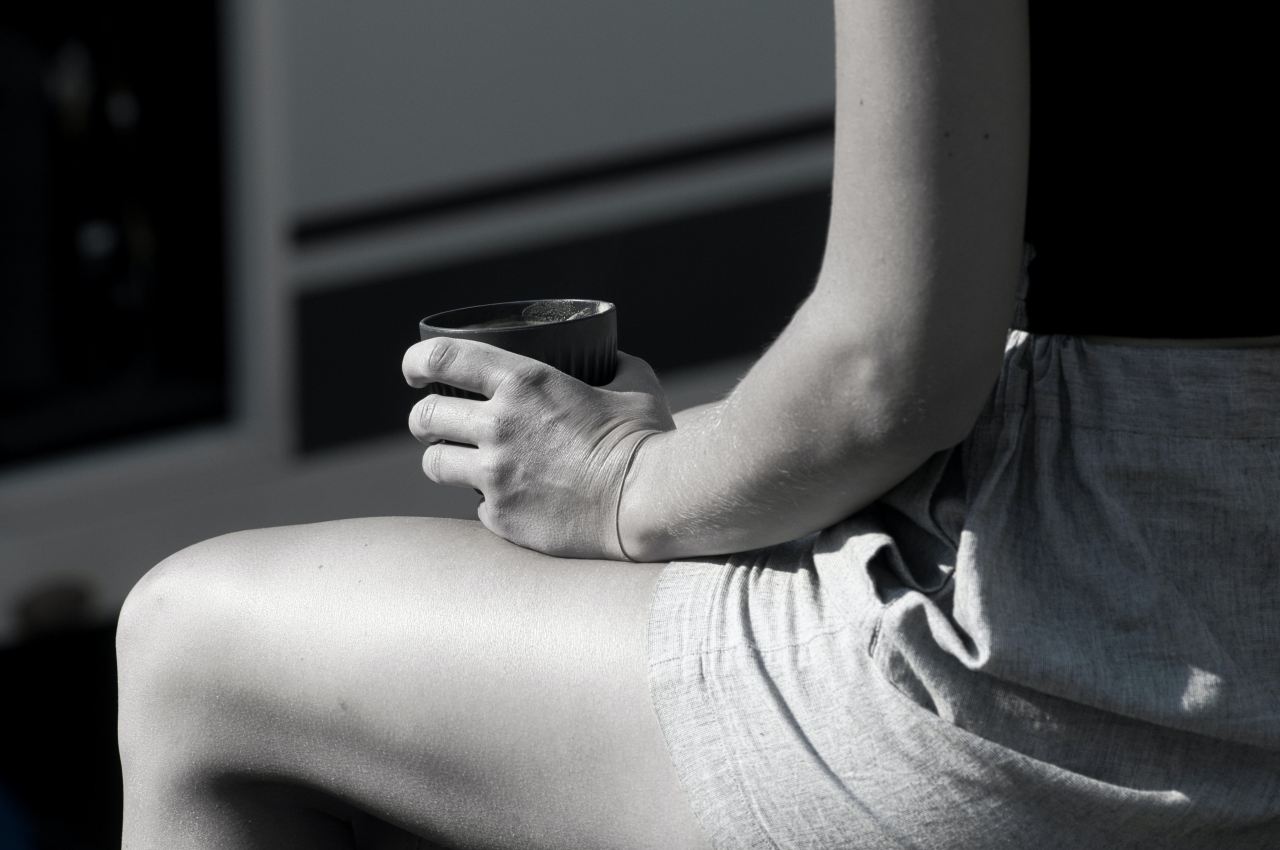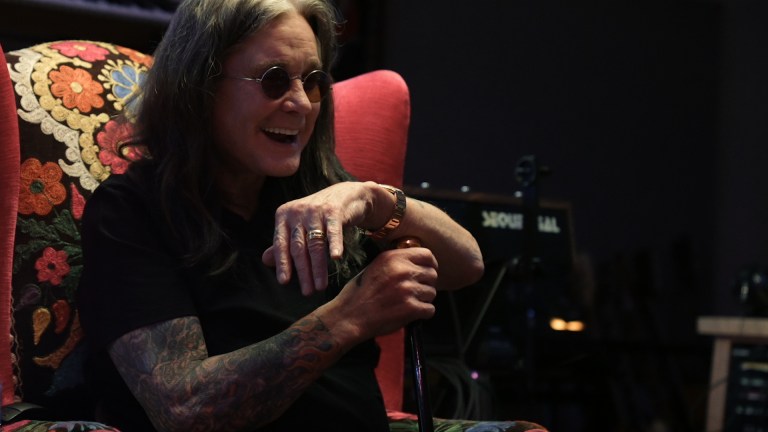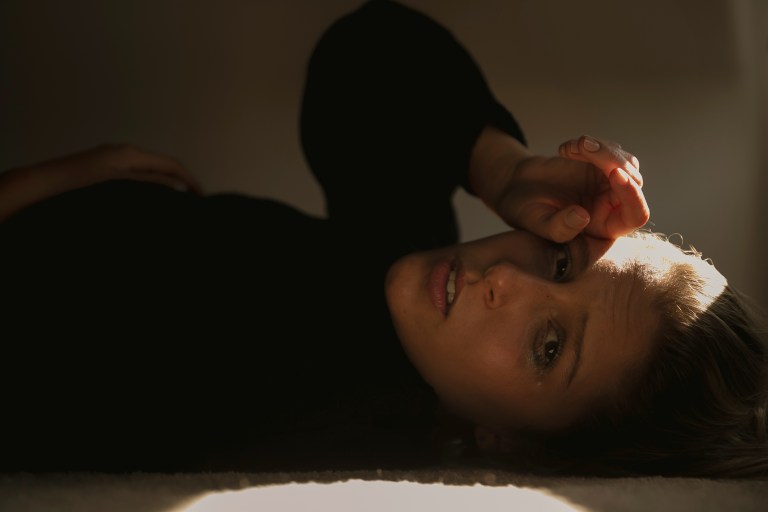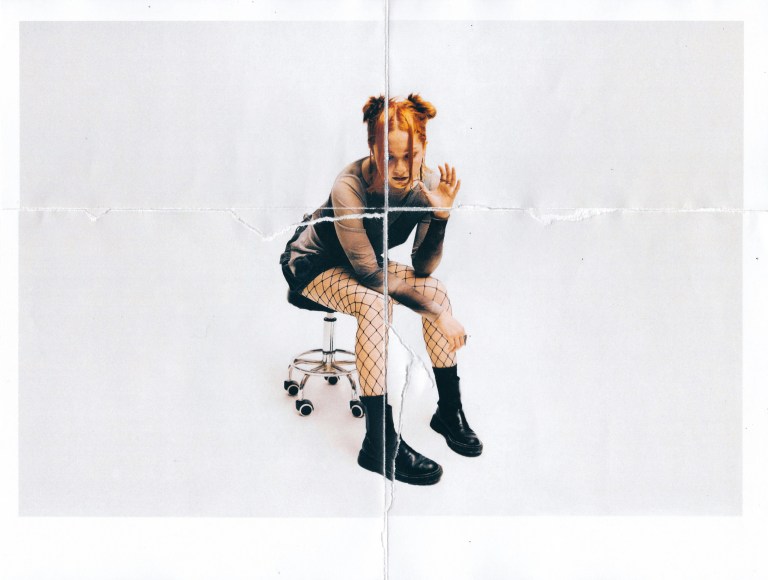
Being Diagnosed With Crohn’s Changed My Perspective On Life. This Is My Story.
After being sick for many years, I was diagnosed with Crohn’s disease at the end of 2014. Crohn’s disease is a type of inflammatory bowel disease. While the diagnosis came with the relief of finally having an answer, it quickly set in that I was now faced with a lifelong chronic illness and a life that would no longer be the same. I began to learn as much as I could about Crohn’s disease, while feelings of overwhelm and deep sadness pervaded my mind. I was grieving the life I once thought I would have and trying to come to terms with a new reality.
During the first year and a half of my Crohn’s journey, I felt very alone. As we do these days, I began to seek out online support. I quickly learned that many support groups could be extremely negative, especially for someone who is newly diagnosed. The negativity does make sense because mental health and Crohn’s disease can be tightly intertwined. It’s important for patients to make mental health a priority as it can cause disease symptoms to be worse when you are suffering and it creates a bi-directional issue. Depression can cause inflammation and inflammation can cause depression. Depression and grief are not the same thing and unresolved grief can lead to depression. I knew these support groups were not the place I needed to be during my grieving process.
While I recognized Crohn’s was going to be with me throughout life, I did not want sadness, depression and negativity to be my constant companions. Losing the person you thought you were going to be and the life you thought you were going to live can be devastating, so I gave myself permission to grieve. There is no set formula for how each person should grieve or how long the grieving process should last. I let myself feel the sadness, anger and the unfairness of it all. In addition to the grief, I also experienced guilt. I felt guilty for shortchanging my family of a healthy wife and mom. I felt guilty for being sick or needing to rest. Processing this grief and guilt was not easy and made me feel very alone at times. I realized that I had a great personal support system, but I could tell not having someone who could understand what I was going through was hindering my progress.
I took a different approach this time and decided to build an online community on Instagram. I was surprised to find so many people who could relate to what I was experiencing. As I shared my journey, more people followed, and I began to get messages from people who had just been diagnosed with Crohn’s disease. As I read their messages and could feel their pain, confusion and sadness, it took me right back to how I felt when I was diagnosed. I don’t think I will ever forget those feelings. I wanted to be someone who could be there for them, listen to them with empathy, offer support, and share my expertise and experience with them. I aspired to be someone who could give hope and positivity to newly diagnosed people. I wanted to show that it’s possible to have a full and happy life with Crohn’s disease and that things can get better.
In a world with so much noise on social media, I began to center my content around education, support and sharing my experience with a positive perspective. Crohn’s disease is not fun and can be very debilitating. It can manifest in so many areas of your body. I was able to see that living in a place of negativity will only make everything feel worse and the battle so much harder. Realizing this fact can just be so hard when you have just been diagnosed and/or are in the midst of a flare up. Hearing someone who has Crohn’s tell you that the diagnosis is not the end of everything, is so uplifting!
A wonderful thing happened when I started helping others. The positivity I was putting out in the world was helping me to have a more positive perspective. My journey has been far from easy. I spent so many years in debilitating pain. Having a positive outlook does not mean there aren’t hard days and times of frustration, sadness and anger. It means that I don’t let those hard times define me. They make me stronger and give me the opportunity to empathize with others who go through the same hard things. It gives me the ability to share hope and to say, “Crohn’s is part of you, but not ALL of you.”











